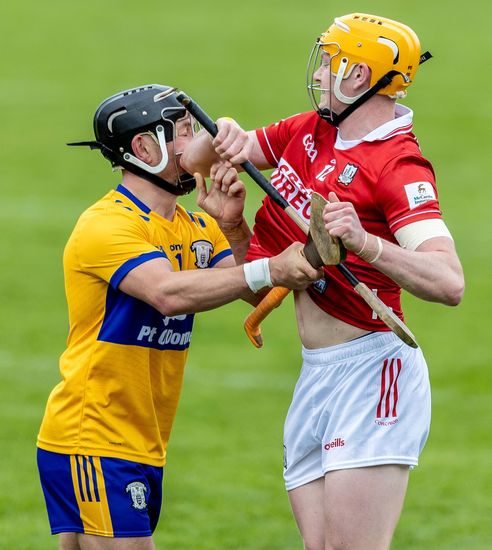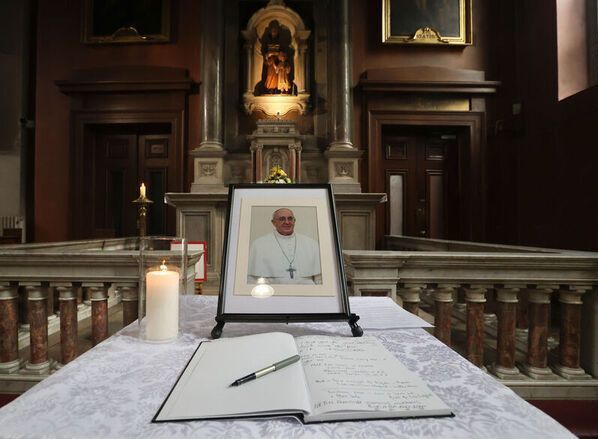So the Big Man is gone. Headed off down Thunder Road.
We'll never see the like of Clarence Clemons again, that's for certain. He did leave the stage on cue, however, for the scene that he sprung from has just about run its course.
Clarence was the archetypal rock & roll tenor sax player, raised on King Curtis and roadhouse gigs. But he'll be remembered mainly for his work with Bruce Springsteen.
They both emerged in the late 60s down the Jersey Shore. What is it about those "dusty little seaside towns" and music?
I've played many of them from Maryland up to Maine. Cheap little bars, the jukebox pounding, hot chicks, cold beer and pedal to the metal bands. Asbury Park had more than its share including the Wonder Bar, the Student Prince and the big league Stone Pony. I once heard Bruce describe their first meeting on a windy, rainy boardwalk night. He saw a giant black man approaching and discreetly stepped inside the doorway of a boarded up arcade. The figure stopped outside, looked in, reached out his hand and then: "sparks flew on E Street when the boy prophets walked it handsome and hot."
Bruce sang, the band hit the downbeat and we all tumbled off into the jumbled magic of The E Street Shuffle.
The E Street Band itself could always spin on whatever dime Springsteen's genius demanded. There was an empathy akin to love between Clarence and the Boss onstage and the sax player could effortlessly turn the singer's yearnings into soaring solos that took the songs way beyond where mere words go.
That kind of playing doesn't spring from rehearsal rooms. It comes from long nights balancing riffs and aspirations with the demands of an audience, something damn nigh impossible for a band nowadays.
Gigs are scarcer and musicians don't have the luxury to stretch and learn to trust each other in a business far more concerned with celebrity than content or accomplishment.
Many of the better versions of Springsteen's songs never made it to the studio. The poetry of "Thunder Road" was sacrificed to make "Born To Run" a cohesive, majestic rock & roll album.
Take a listen! Bruce can barely fit the words into the speeded-up tempo. Like many others, I'll always treasure being there at the birth of this incredible song when he used to moan it above an aching solitary piano.
"The screen door slams
Angelina's dress waves
Like a vision she dances across the porch
As the radio plays..."
Yeah, back then Mary was called Angelina. But who cares? Writers change their minds, great bands make that possible, and in the final searing sax solo you became one with the less than lovely woman fretting about not being "that young anymore."
Rock & roll has always been a combustible fusion of black rhythms and white working class sensibilities; rock music is its milquetoast middle-class imitation. Kids now attend rock school. Many of them become great players. They learn all the moves that will serve them well on American Idol.
That's what rock has become, but the roll has always been about rebelling against parents and the desolation of dead end jobs. It can't be taught; it's learned and earned on long nights in sleazy bars from players way cooler than you.
I used to watch Clarence empathizing with Springsteen's claustrophobic spoken intro to "We Gotta Get Out Of This Place." It reeked of alienation from his father.
Rock & roll was Bruce's only escape from their stifling working class home. The Big Man held the door open and helped make the dream possible.
I never met Clarence Anicholas Clemons, but one night, at the Bottom Line, a French poet was so moved at the end of "Incident On 57th Street" he was unable to stop hollering despite Bruce's appeal for quiet.
Finally, the Big Man reached out to Jacques and silenced him with a smile. He understood that music and madness are inextricably linked and on a good night rock & roll makes saints of us all.
So long Big Man. The scene may be coming to an end, but there's always a gig for you somewhere down Thunder Road.









